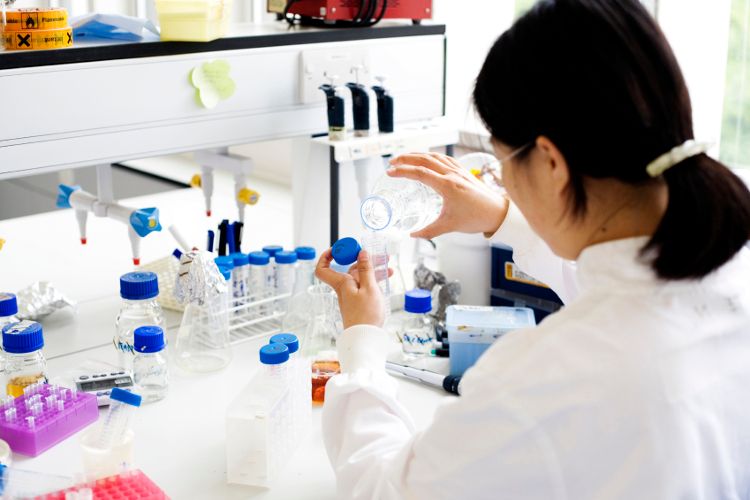WADA-banned ingredient higenamine present in “unpredictable” quantities in some sports and weight loss supplements, study finds
In a new study published in Clinical Toxicology, researchers analyzed higenamine-containing dietary supplements, noting that higenamine was present in these products at unpredictable quantities and with inaccurate label information.
Photo © iStockphoto.com/Urbancow

Higenamine is a potentially harmful cardiovascular stimulant and a prohibited substance according to the World Anti-Doping Agency (WADA). In a new study published in Clinical Toxicology1, researchers analyzed higenamine-containing dietary supplements, noting that higenamine was present in these products at unpredictable quantities and with inaccurate label information. The independent study was conducted by researchers at NSF International (Ann Arbor, MI), Harvard Medical School, and the National Institute for Public Health and the Environment (RIVM) in the Netherlands.
Higenamine is a stimulant found in plants that has not been approved as a drug by FDA. It is permitted in dietary supplements, however, when present as a constituent of botanicals, because it was grandfathered in following the passage of the Dietary Supplement Health and Education Act of 1994 (DSHEA). However, WADA prohibited the ingredient from sport in 2017. FDA has received reports of adverse effects from supplements containing higenamine since 2014, though the health risks are still poorly understood. In drug trials conducted in China, subjects who received higenamine experienced symptoms such as dyspnea, palpitations, dizziness, headaches, and tightness in the chest, as well as increased heart rate and blood pressure.
In the Clinical Toxicology study, researchers identified products labeled as containing higenamine (or the synonyms “norcoclaurine” or “demethylcoclaurine”) through multiple databases, including: The National Institute of Health’s Dietary Supplement Label Database, the Natural Medicines Comprehensive Database, and the Google search engine. Twenty-four products were used in the study, and two samples of each product were analyzed by NSF International and the Netherlands National Institute for Public Health and the Environment.
In the researchers’ analysis of the products, 11 were marketed as weight-loss supplements and 11 as sports and energy supplements, while two had no labeled indication. The quantity of higenamine measured in the products varied wildly. Quantities ranged from trace amounts to 62 ± 6.0 mg per serving, meaning that consumers can be exposed to upwards of 110 ± 11 mg of higenamine per day based on the recommended serving sizes on the label. Only five products listed a specific amount of higenamine on the label, but none were accurate measures of the levels that actually were in the product, which ranged from <0.01% up to 200% of the quantity listed on the label.
Athletes looking to avoid substances banned by WADA should be careful to avoid products containing higenamine. “We’re urging competitive and amateur athletes, as well as general consumers, to think twice before consuming a product that contains higenamine,” said John Travis, senior research scientist at NSF International and a co-author of the study, in a press release. “Beyond the doping risk for athletes, some of these products contain extremely high doses of a stimulant with unknown safety and potential cardiovascular risks when consumed. What we’ve learned from the study is that there is often no way for a consumer to know how much higenamine is actually in the product they are taking.”
References:
1. Cohen PA, et al. “The stimulant higenamine in weight loss and sports supplements.” Clinical Toxicology. Published online ahead of print September 6, 2018










